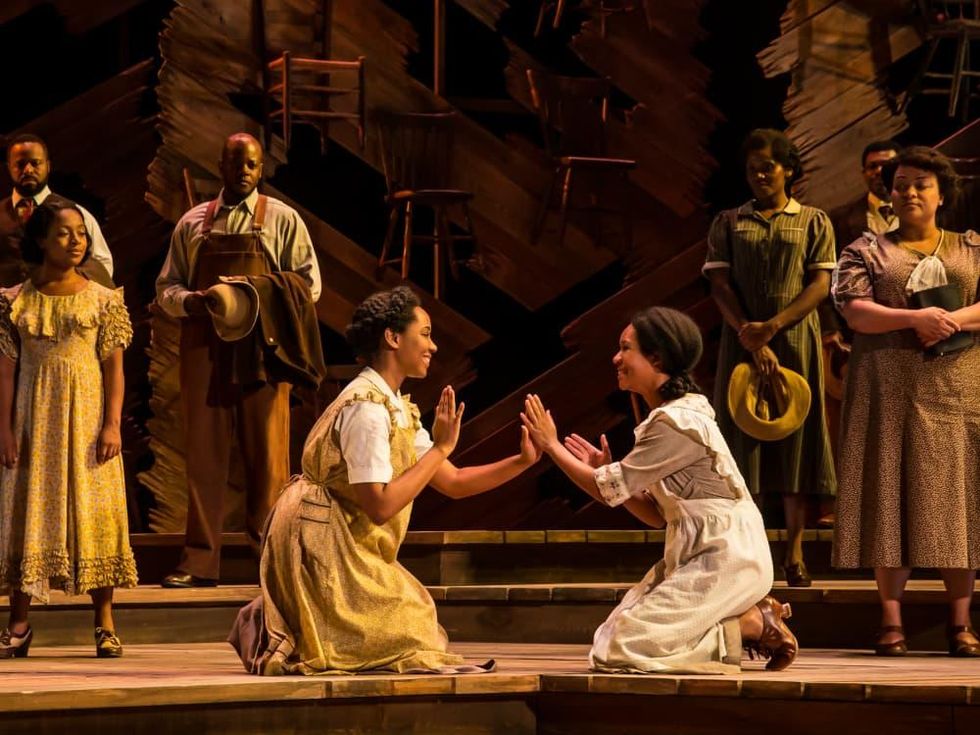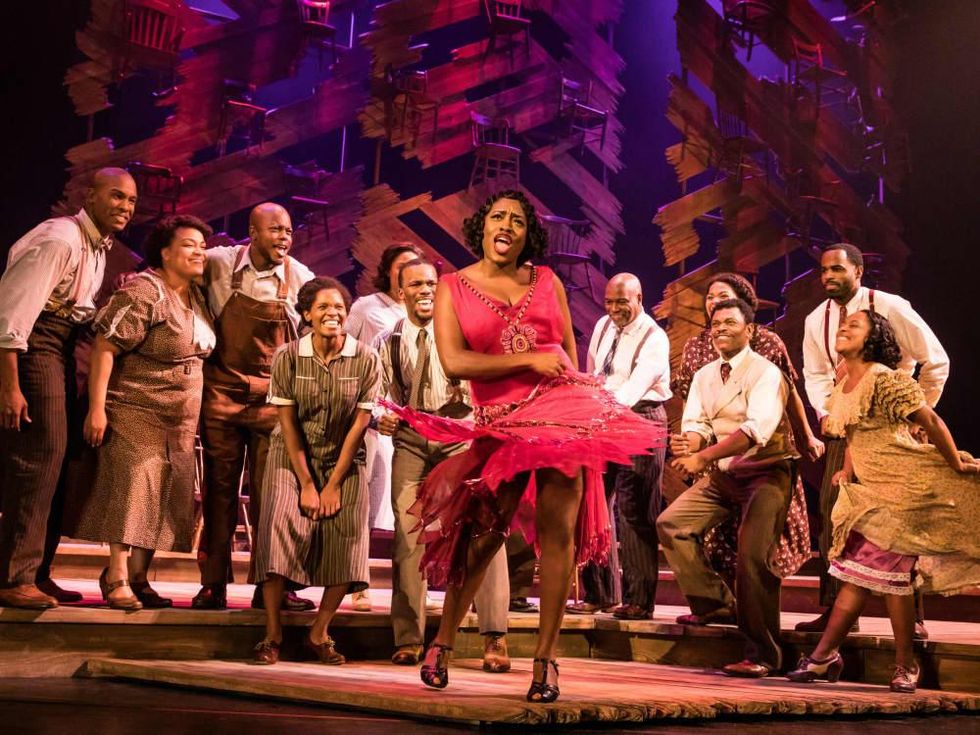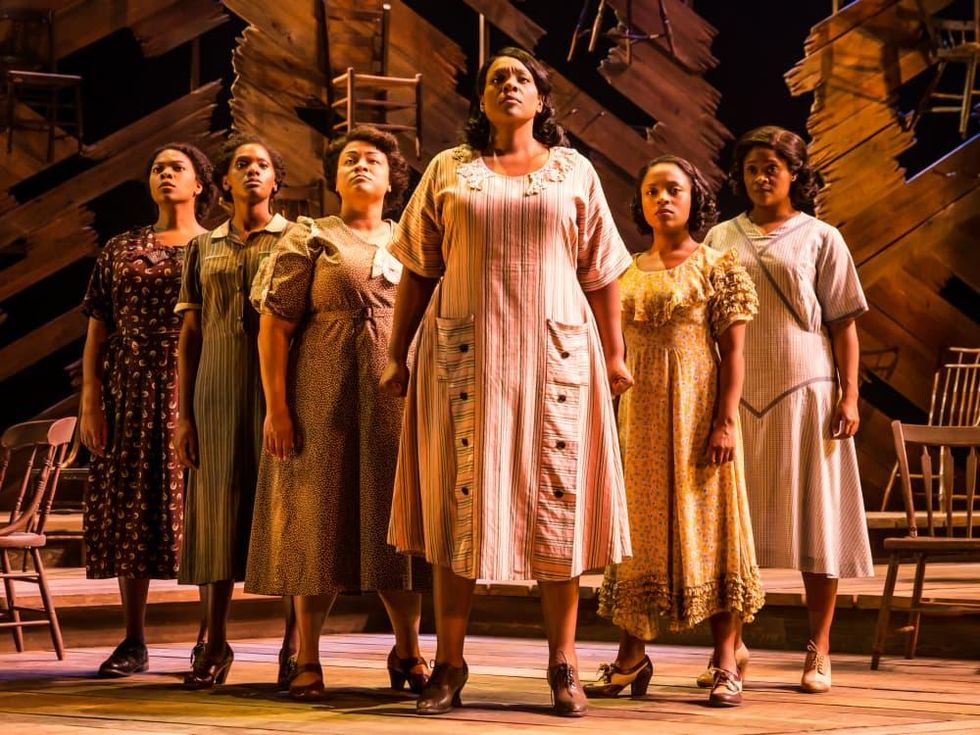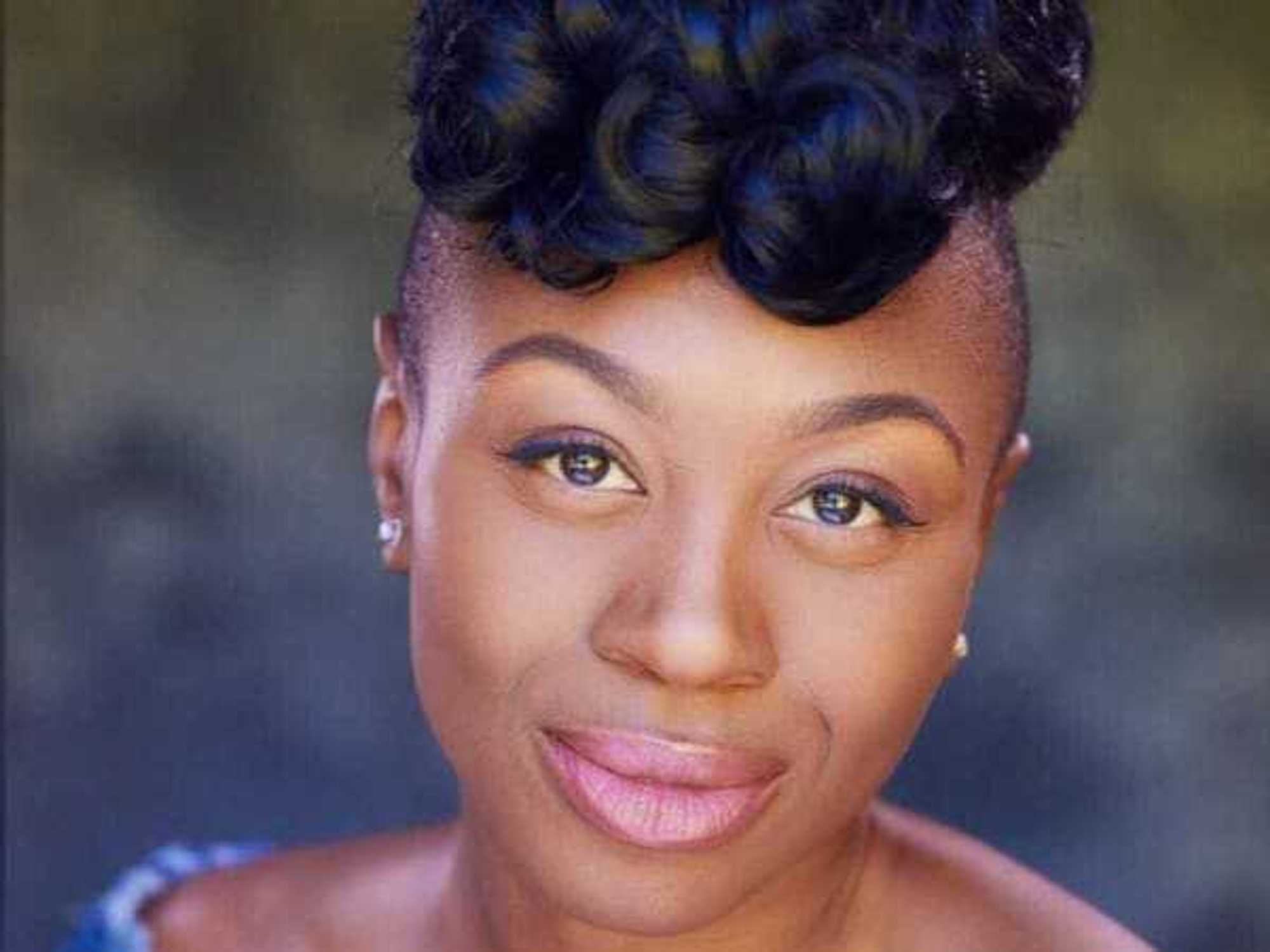Theater Review
The Color Purple themes remain timeless in fast-paced touring show
There are heinous acts, both explicit and implicit, committed against women throughout The Color Purple. These women find the strength to stand up to their oppressors, holding them accountable for their wrongs. In this way, despite being set in a significantly disparate time period, the story that the musical (presented by Dallas Summer Musicals) tells is as relevant today as it was when Alice Walker wrote the novel in 1982.
The show, which won the Tony Award for Best Revival of a Musical in 2016, centers around Celie (McKinney native Adrianna Hicks), who suffers abuses at the hands of two men: her father (J.D. Webster) and her husband, Mister (Gavin Gregory).
Forced into marriage at a young age, Celie comes to rely on the help of three women: Sofia (Carrie Compere), a headstrong woman who doesn't take guff from anyone; Shug Avery (Carla R. Stewart), a woman lusted after by many men and despised by most women; and the memory of her sister, Nettie (N'Jameh Camara), with whom she has lost contact.
The feeling of female empowerment is palpable in the music and lyrics by Brenda Russell, Allee Willis, and Stephen Bray. Thank goodness it is, because Marsha Norman's book is in perpetual fast-forward mode. The story is told over the course of 40 years, and it seems to be in a real hurry to get to the end, as it rarely takes the time to get to the heart of the feelings of its characters.
There seems to be an expectation that the audience already knows the story, whether through Walker's book or Steven Spielberg's acclaimed 1985 film adaptation. It's implied that multiple relationships are strong and deep, but everything moves so quickly that the audience never gets a chance to truly invest in them.
Because the story goes so fast, it's also difficult to understand when particular scenes are supposed to be taking place. It's clear from a variety of major events that much time passes between the beginning and end of the production. However, there are few other signposts, such as makeup or changes in actors' movements, that give the audience the sense that time is moving.
Fortunately, enough information is relayed that you can get the gist of what's going on, allowing the power of the songs to shine through. Nearly every main character is given a solo showcase, and each of the actors is up to the task. Standout songs include "Hell No!" from Compere, "The Color Purple" sung by Stewart, and Hicks' rendition of "I'm Here."
Even if the story does not fully deliver, the sights and sounds of women finding their voices and fighting back speak for themselves. The themes of The Color Purple are timeless, and deserve to be seen and heard in any format.
---
The national tour of The Color Purple runs through February 4 at the Music Hall at Fair Park.



